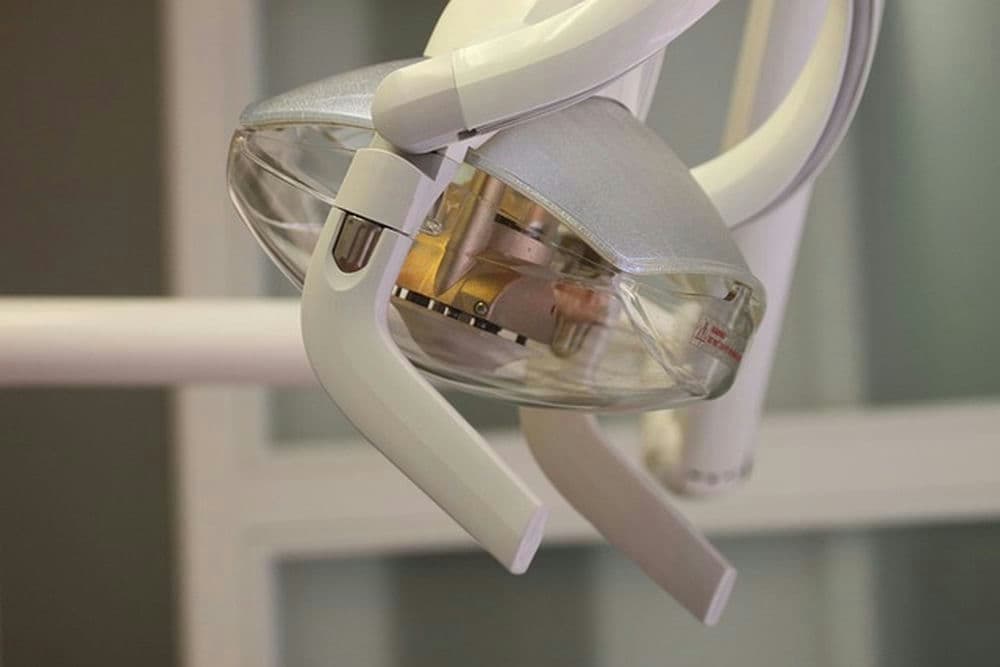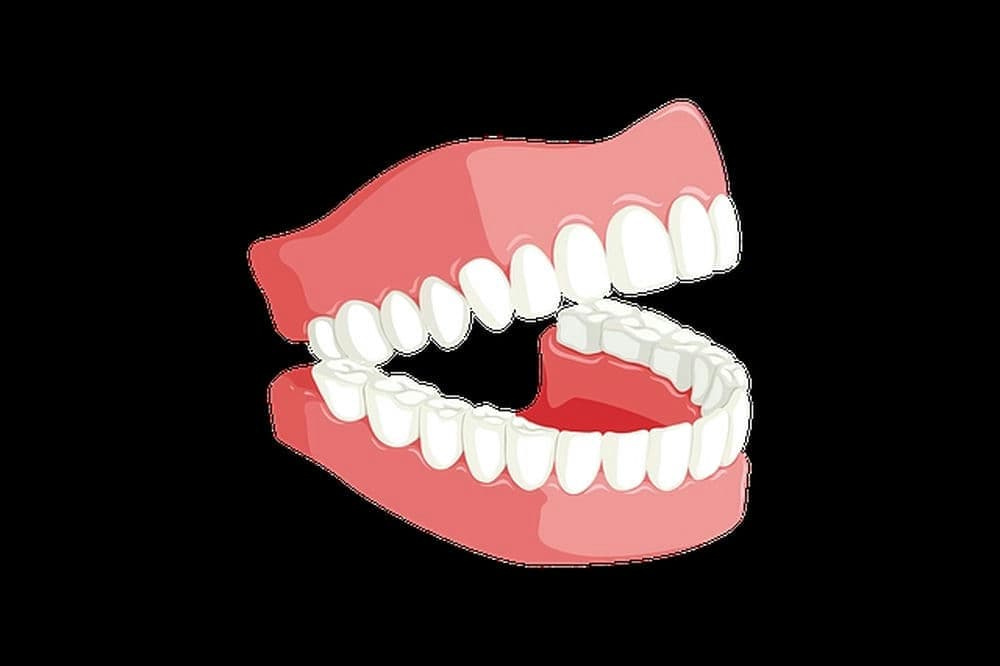Pages
bad dental implants
2/18/2023

Clean the implant site as directed by your health care professional. What are the blessings of dental implants?Dental implants offer a wide range of merits. They can:Improve speech and chewing potential. Enhance the look of your smile. Secure permanent or detachable bridges and dentures. Provide teeth alternative without altering (shaving down) your neighboring teeth.
Who shouldn’t get dental implants?Certain risk elements can affect dental implant candidacy. Dental implants might not be best for you if you:Are under the age of 18. (Most surgeons won’t place dental implants unless your jaw has stopped turning out to be. )Smoke or use tobacco merchandise. Have big bone loss to your jaw. Have poor oral hygiene.
snap in dental implants
2/3/2023

Advances in diagnostics and bone reconstruction have made it in order that most patients can receive implants. Dental Implants behave like herbal teethOne of the biggest advantages of an implant is that it restores full chewing power. Most sufferers can’t tell the change among their herbal teeth and the implant tooth. They can eat with it completely constantly, and that they can brush and floss perpetually to boot. Dental Implants can last a lifetimeWhereas a dental bridge may only last around 10 years or so, dental implants can last a life-time. The implant is crafted from titanium and integrates with the jawbone.
Just as together with your herbal teeth, keep implants, artificial teeth and gum tissue clean. Specially designed brushes, such as an interdental brush that slides among teeth, may help clean the nooks and crannies around teeth, gums and metal posts. See your dentist consistently. Schedule dental checkups to ensure the health and correct functioning of your implants and follow the advice for professional cleanings. Avoid destructive habits. Don't chew hard items, akin to ice and tough candy, which can break your crowns — or your natural teeth.
all on 4 dental implants near me
3/6/2023

Waiting for bone growthOnce the metal implant post is placed in your jawbone, osseointegration (oss-ee-oh-in-tuh-GRAY-shun) begins. During this system, the jawbone grows into and unites with the floor of the dental implant. This method, which can take a couple of months, helps supply a pretty good base in your new synthetic tooth — just as roots do in your herbal teeth. Placing the abutmentWhen osseointegration is comprehensive, you may wish extra surgery to place the abutment — the piece where the crown will ultimately attach. This minor surgical procedure is typically done with local anesthesia in an outpatient atmosphere. To place the abutment:Your oral medical professional reopens your gum to expose the dental implantThe abutment is connected to the dental implantThe gum tissue is then closed around, but not over, the abutmentIn some cases, the abutment is connected to the dental implant metal post when the post is implanted.
This pulls your teeth out of position and may affect your bite, your capability to chew and your appearance. It may cause interference that makes tooth substitute difficult later. A poor bite also can lead to issues along with your TMJ (temporomandibular joint) and may bring about pain and complications. Dental Implants can help keep you free of gum diseaseA lacking tooth gap can act as a trap for food and micro organism and can lead to gum sickness. Dental Implants can steer clear of facial sagging and premature agingFacial sagging can be an unwanted effect of bone loss resulting from missing teeth. This is where the lower third of the face starts to cave in, step by step remaining the space among the end of the nose and the chin. Changes can encompass excess wrinkles around the mouth, thinning lips and a more pointed chin, making the person look a lot older than his or her true age. Stable teeth with good chewing power!The Benefits of Dental ImplantsImplant-supported dentures deliver far greater stability and chewing power than conventional dentures. Dental implants deliver a far sophisticated adventure compared to dentures. Even dentures that firstly fit the affected person well start to slip and become uncomfortable after a long time, due to expanding bone loss. It’s difficult to keep any denture perpetually stable due to wear on the bony ridges that dentures clasp onto.
dental implants for seniors near me
1/18/2023

Dental implant technology has become the ultra-modern tooth replacement answer because of its advantages over earlier cures. And, with modern innovations in dentistry, most sufferers can advantage from them – even people that were previously told they couldn't. If you've got one or more lacking teeth, or have broken or decayed teeth that could be beyond repair, implants are often the answer. If you’re uncomfortable along with your dentures, partial denture, or bridge, that you can benefit from implant technology. In the past, patients with inadequate bone or who had bound health circumstances or habits weren't regarded applicants for implants. Advances in diagnostics and bone reconstruction have made it so that most patients can get hold of implants.
Where there is not any tooth, the jaw bone in the empty space deteriorates due to loss of stimulation. If no implant is placed in the 1st year of losing a tooth, that bone area loses 25% of its volume, and bone loss continues through the years. Dentures may speed up bone loss as they sometimes become loose, and then rub against the bony ridge, regularly wearing it away. Because an implant replaces the foundation as well as the tooth, and chewing is restored to normal, it adds the needed stimulation for herbal bone growth. Dental Implants keep adjoining teeth stableThe gap from a lacking tooth can cause adjoining teeth to crookedly shift in opposition to the gap. This pulls your teeth out of position and might affect your bite, your skill to chew and your appearance. It may cause interference that makes tooth replacement challenging later. A poor bite can also result in issues with your TMJ (temporomandibular joint) and may bring about pain and complications. Dental Implants may help keep you freed from gum diseaseA lacking tooth gap can act as a trap for food and bacteria and can cause gum disorder. Dental Implants can prevent facial sagging and untimely agingFacial sagging can be an unwanted effect of bone loss caused by missing teeth. This is where the lower third of the face starts to collapse, step by step remaining the distance among the tip of the nose and the chin.